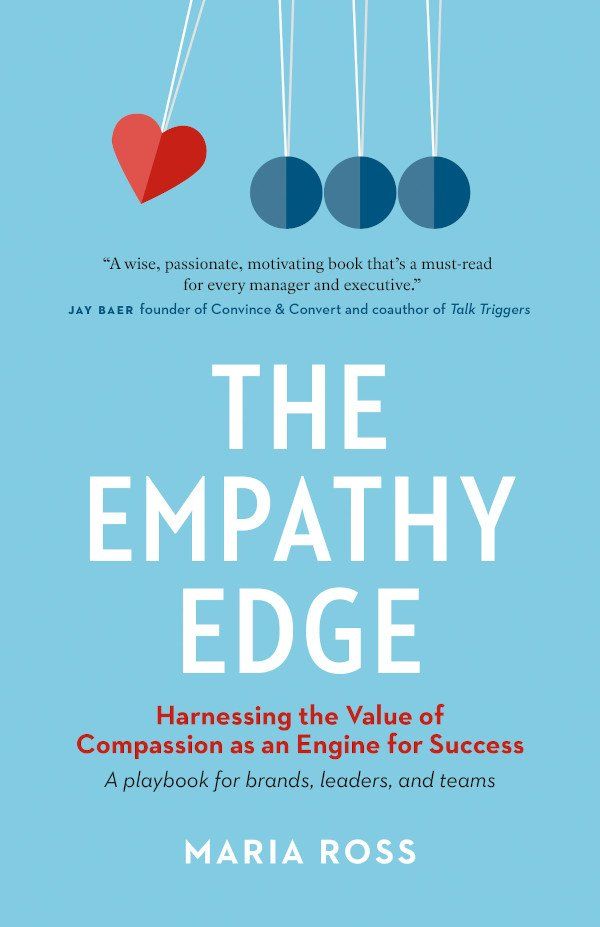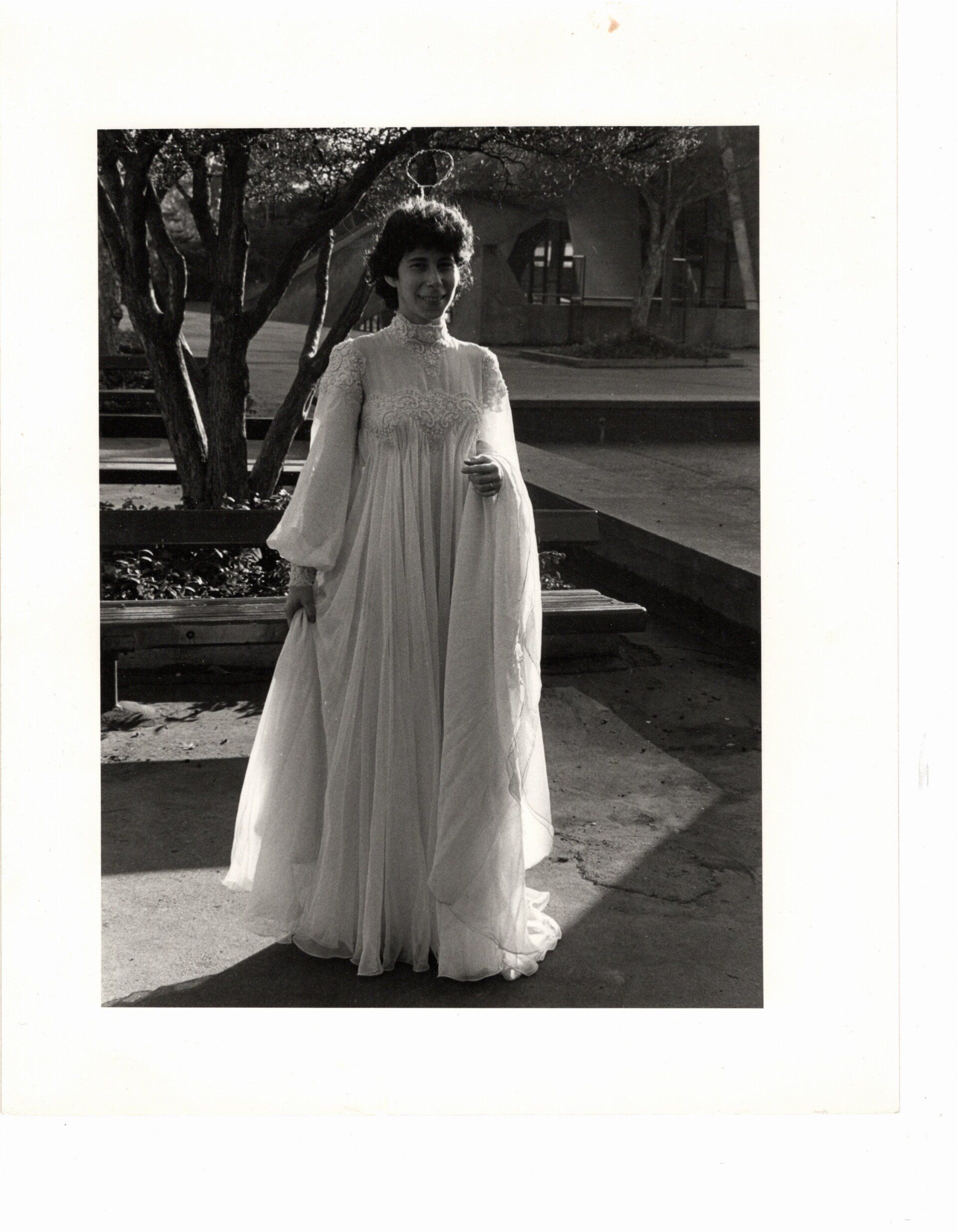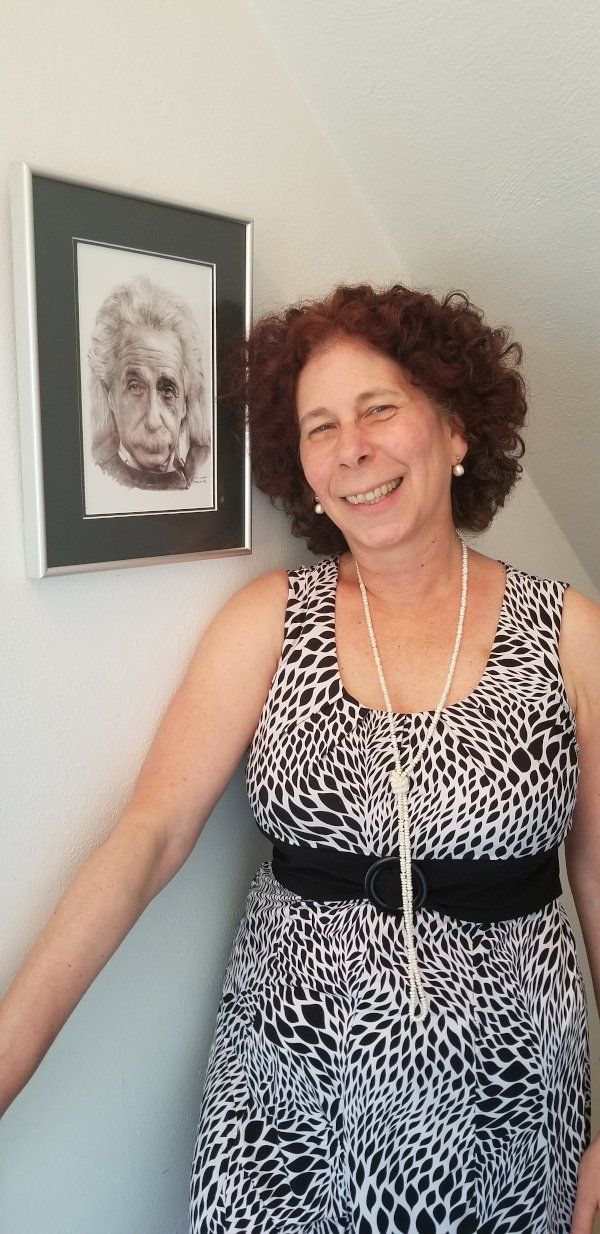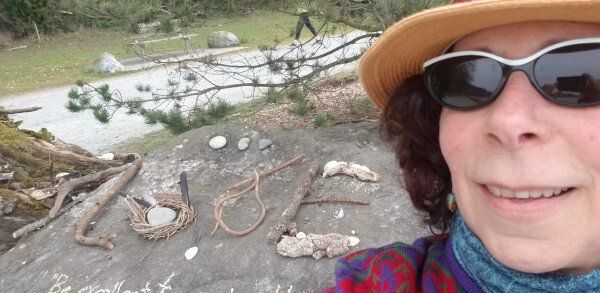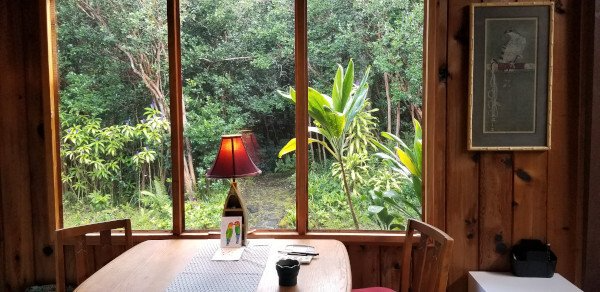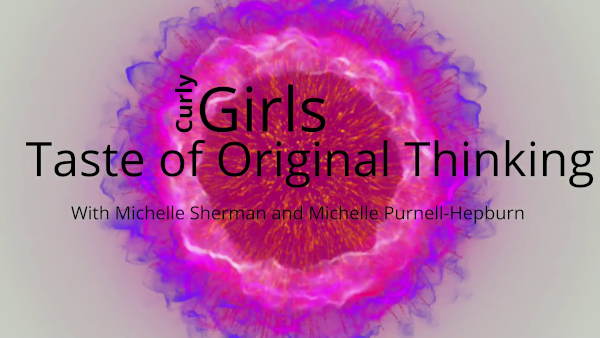Treating People with Kindness and Grace
Kim Whitson, VAST Advisor and Original Thinker shares her take and balanced approach to this practice.
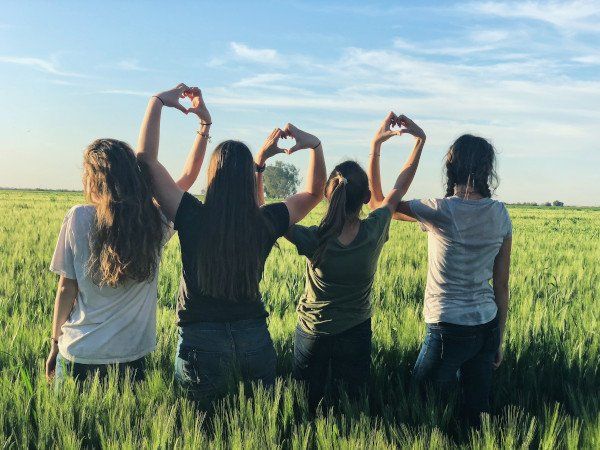
For most of us, it is our intention and desire to be heard, understood, seen, and to treat ourselves and others with kindness.
But this does take some work and a touch of grace.
When we do not experience this, we often become hurt or upset - feeling misheard, misunderstood, or unseen. We then can become busy, stop paying attention and end up misunderstanding, mishearing, feeling resentful, and ignoring each other. We may misattribute this inattention to nefarious or unkind motives. In response, the other person who hurt your feelings may feel or notice your upset and not understand the root of it. In addition, we may believe we are being thoughtful and helpful, but it doesn’t always translate as such to others. It is inevitable for each of us to interpret things in an entirely backwards way from how they were intended and result in both sides feeling misunderstood.
We, as human beings come from different backgrounds, cultures, languages, religions, sexual orientation, gender identity, and so much more. This expansive diversity is beautiful, powerful, and challenging. We all see, interact with, and interpret the world through these lenses of our unique diversity, our acculturation, and our beliefs. Even our biology can influence how we see and respond to the world. Add to all these factors how busy we are and it’s honestly amazing how well we do get along and communicate. We can also respond by over-functioning, thinking we are helping and providing a needed service when in fact it may be neither needed nor welcome. Organizations providing care and services often face the challenge of properly crafting solutions that fit the needs of the recipients when members of the recipient group are not consulted ahead of time.
When we give people the room and space to make real and perceived mistakes without anger, hostility, or resentment, we are providing them grace. We are allowing breath and love into a situation rather than layering on more anger and shame. It’s about that phrase most of us learned as children, treat others as you would wish to be treated (unfortunately, with our culture of high anxiety, low self-love, and low self- worth, this is exactly what we are unknowingly doing). When we take a minute to try to understand the other’s point of view, when possible, we are both able to grow, learn, and become more flexible and graceful in our approach to conflict and disagreements. This is one of the core teachings of the Vast Institute. One of the many lessons I took away from working with Michelle was how to take another look and see alternate perspectives when faced with a challenging situation.
We are all on this planet to learn and grow. By denying ourselves and each other the grace, to make mistakes, we deny the opportunity to learn, to grow and be better people. In judging and shaming, you silence someone who may have been a friend and an ally. And the next time, they may be less willing to speak up or ask questions. The next time you may not have those around to assist, because you’ve turned away so many away who tried to be there but did it in manner that was unacceptable to you. By not communicating with them as to what they may have done to hurt your feelings, your deny them the ability to learn and grow.
We aren’t speaking here about ignoring it when someone deeply wrongs you, this is about acknowledging that we all make mistakes, none of us have all the information, and though we sometimes think we are in other people’s heads, we cannot know their thoughts, feelings, emotions, or why they do what they do (I know I sometimes do things and then ask myself “Why did I do that? That was silly!”.)
It is easier some days to be angry and resentful and to attribute bad intentions to people’s words or deeds. It’s much harder to give them grace, to speak with them one-on-one, and to seek a deeper understanding. This society is becoming more awake and aware to all the beautiful diversity in this country, of the needs of so many who have been unseen, unheard, and undervalued. We also must understand that it takes time to learn each of these stories; to learn how to interact with, support, and speak in ways that are respectful and honoring to each person and group. There are so many ways people prefer to be described and addressed these days, each of us has our own individual preference and until we share those preferences, others cannot know what’s inside.
Identifying who we intend to be versus who we choose to be, as well as understanding how we express ourselves, is one way of accessing where we might be giving grace and where we are neglecting to offer grace. The intersection of who we want to be and how we express those desires is a key point in where miscommunications and misunderstandings occur. However, if we are clear in our intentions, in integrity with these intentions and actions, and communicate with others when these things are out of balance, then we can begin increasing grace within and without.
To put this into practice, here are some questions you can start by asking yourself.
· Who do I want to be as a person?
· How do I want people to experience me?
· What words and actions do I use to express who I want to be and how I want to be seen?
· Do these words and actions match who I want to be?
· In what aspects of my life do I give others grace and the benefit of the doubt?
Why?
· In what aspects of my life do I not give others grace and the benefit of the doubt?
Why not?
· Are there areas where I give others grace and do not give myself the same consideration?
Answering these questions may help highlight where there may be gaps and where you may want to give yourself and others a little more grace, love, and consideration. I know through working with the Vast Institute and answering for myself similar questions, I have learned how to better give people more space to be themselves and to be less critical. When someone doesn’t speak or respond in ways that I expect them to, I now will ask questions and try to understand. I have also learned that asking questions and seeking clarification is not a form of conflict, but an opportunity to diffuse the conflict, the hurt, and anger.
By increasing your ability to give grace, you are growing the love inside you and offering more love to others. By giving yourself and others more grace, you are acknowledging that none of us have all the answers and we all can behave in ways that are misunderstood by others. It is through Kindness and Grace we will create the better world we want to live in.


